
SFP and Hilborn Lab update the Fishery Improvement Project Database
Sustainable Fisheries Partnership and Hilborn Lab have launched the sixth version of the Fishery Improvement Project Database.
Long-term revenue and participation declines in U.S. groundfish fleets suggests risk due to climate change may be high and heterogeneous.

Sustainable Fisheries Partnership and Hilborn Lab have launched the sixth version of the Fishery Improvement Project Database.
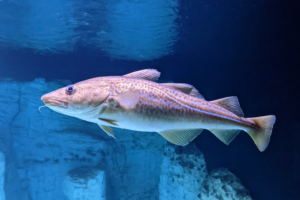
Research improves understanding of the complex interplay between temperature, fish size and ecological responses to aid conservation and management.
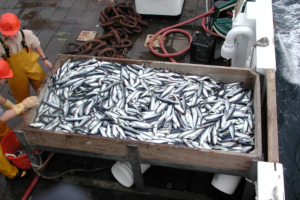
Project supports economically viable fisheries and aquaculture, helping overcome barriers to the valorization of seafood side-streams.
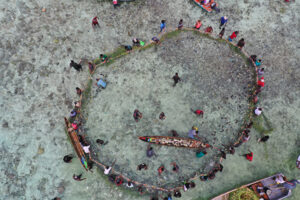
A study finds that Marine Protected Areas must be "flexible and responsive" to successfully restore fish stocks without harming communities.
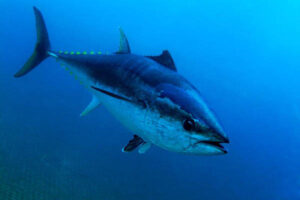
A study concludes that mercury levels in tuna appear to be unchanged since 1971 and calls for more aggressive emission-reduction targets.
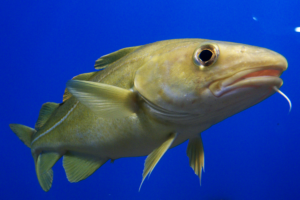
This study provides insight into the pathways and functional categories involved in the response of two Baltic cod subpopulations to salinity changes.
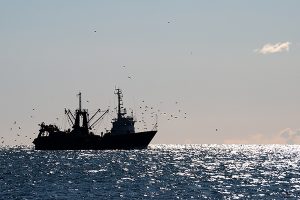
Healthier fish stocks linked to fisheries management regions, more selective fishing gears, certification and high fishery value.
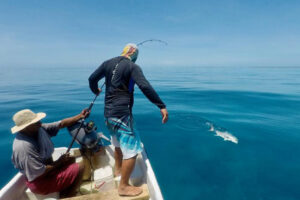
A new study finds climate change is making it harder to access seafood, but that tapping into local solutions may help enhance food security.
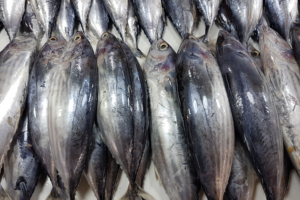
Results show Mushy Tuna Syndrome is prevalent in the industry and that there's a need to identify strategies for the fishers and processors to minimize loss.
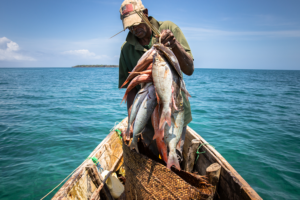
Artificial intelligence is drawing attention as a powerful tool to improve fisheries management and pave the way for a stronger, healthier ocean.
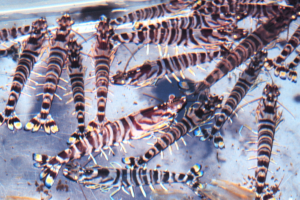
Stock enhancement of Kuruma shrimp did not change genetic characteristics obtained by microsatellite markers in comparison to the original population.
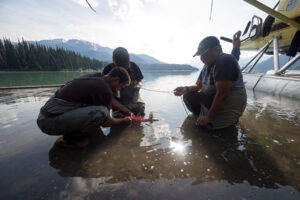
Study explores how climate change affects the size of juvenile sockeye salmon in B.C., and how populations are adapting.
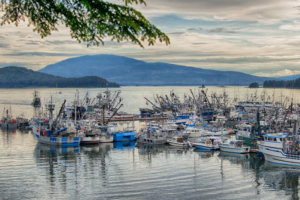
Researchers argue for nutrition- and climate-sensitive fisheries management with food-based trade policies to prevent a decline in seafood nutrients.
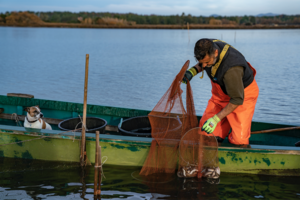
The future of European eel fisheries may depend on a coordinated plan to conserve the species, including seasonal closures and a ban on recreational fishing.
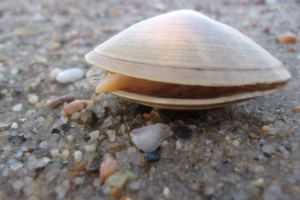
Hatchery production of Atlantic surf clams could be a viable sea ranching method that supports human access to the fishery, though questions remain.